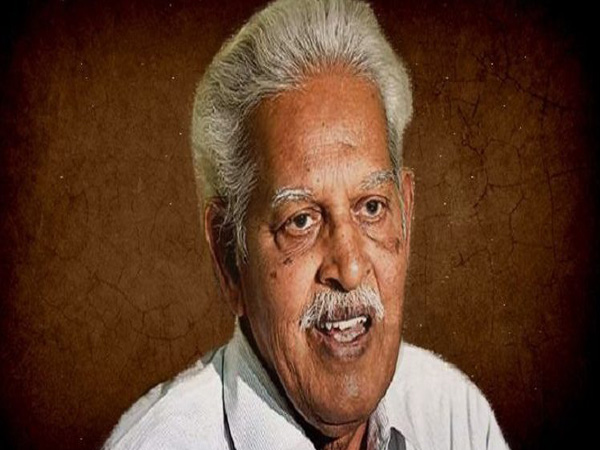Hyderabad: The Human Rights Forum (HRF) has strongly condemned the declaring of 16 organisations, including the Revolutionary Writers Association (Virasam), by the Telangana government as “unlawful associations” for a period of one year. The HRF hoped that the Telangana government will revoke the notification under which it outlawed those bodies.
The banned organisations, with effect from March 30, include the Civil Liberties Committee (CLC), Virasam, Telangana Praja Front, Committee for the Release of Political Prisoners, Tudum Debba and Chaitanya Mahila Sangam. “HRF is of the opinion that this is a brazen attempt by the State to criminalise political belief and throttle dissent. It runs afoul of democratic principles,” said the HRF in a strongly worded statement on Saturday.
Censuring the state government, the HRF stated the move to ban the 16 organisations under the The Telangana Public Security Act, 1992, was “nothing but a political instrument disguised as penal law”. It added that the government decided to ban these organisations as “social activism is not palatable to the ruling dispensatio” – essentially stating that ban has taken place as the governments are unhappy with the issues raised by the outlawed bodies.
“Such an approach impinges upon fundamental freedoms and is unacceptable in a democracy. G.O. No. 73 of 30-3-2021, under which the 16 organisations were declared unlawful associations, has the effect of whittling away basic liberties and does enormous damage to the very notion of democracy. HRF sincerely hopes better sense prevails with the Telangana government and the notification is revoked,” the HRF statement concluded.
On April 23, the Telangana government on Friday banned 16 organisations, including the Revolutionary Writers Association, known as Virasam, claiming that these are frontal bodies of the banned Communist Party of India (Maoist), and are engaged in “tactics” that “wage war against the state”. The order was passed by chief secretary Somesh Kumar, with effect from March 30 this year.
The 16 banned organisations are: Telangana Praja Front, Telangana Asanghatitha Karmika Samkhya, Telangana Vidyarthi Vedika, Democratic Students Organisation, Telangana Vidyarthi Sangham, Adivasi Students Union, Committee for Release of Political Prisoners, Telangana Raithanga Samithi, Tudum Debba, Praja Kala Mandali, Telangana Democratic Front, Forum Against Hindu Fascism Offensive, Civil Liberties Committee, Amarula Bandhu Mitrula Sangham, Chaitanya Mahila Sangham and the Revolutionary Writers Association.
The banning of these organisations is likely to raise many questions. The state government in its order alleged that activists from these “unlawful” organisations are “moving in urban areas and adopting “urban guerilla tactics”, which in itself is rather vague. Moreover, the GO also says that members of the 16 groups are “alluring” others and recruiting them through “inflammatory” statements, rallies and meetings, to “raise issues against the Central and State governments”.
The GO also clearly states that the organisations are also being banned for demanding the release of Prof. GN Sai Baba, Rona Wilson, and writer Vara Vara Rao (who is from Virasam), who are all currently in prison with regard to the Elgar Parishad case, on allegations of conspiring to kill Prime Minister Narendra Modi. However, it may be noted that a Washington Post investigation has found that evidence was in fact planted in Wilson’s laptop to falsely implicate people in the case.
What the Supreme Court says about banned organisations:
The Supreme Court, however, maintains that mere membership of any banned organization is not sufficient to deem a person to be a criminal. “In our opinion, Section 3(5) cannot be read literally as otherwise it will violate Articles 19 9(free speech) and 21 (liberty) of the Constitution.
It has to be read in the light of our observations made above. Hence, mere membership of a banned organisation will not make a person a criminal unless he resorts to violence or incites people to violence or creates public disorder by violence or incitement to violence,” a bench of Justices Markandey Katju and Gyan Sudha Mishra said in an order from 2011.

